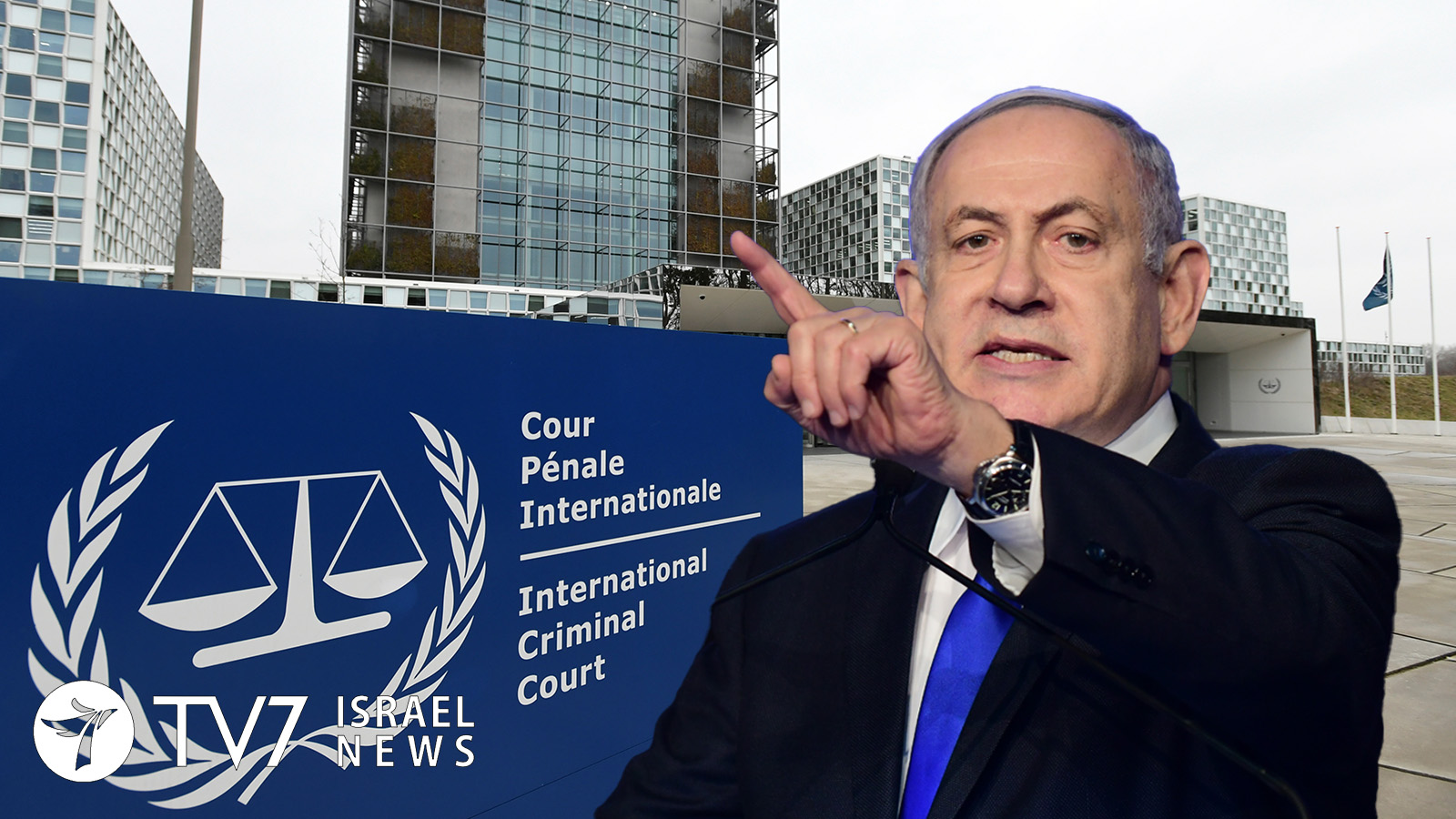Jerusalem is bracing itself for possible measures the International Criminal Court (ICC) in The Hague could take against the Jewish State in the near future, following last month’s recommendation by Chief Prosecutor Fatou to commence with a full investigation into Palestinian allegations that Israel had committed war crimes and crimes against humanity.
In her 20 December 2019 announcement, Bensouda maintained that “all the statutory criteria under the Rome Statute for the opening of an investigation have been met.” This, despite repeated legal objections by Israel – which is not a signatory of the Rome Statute – over the lack of ICC jurisdiction across the internationally-disputed territories of East Jerusalem, West Bank and Gaza Strip.
Regardless of Jerusalem’s arguments, the ICC Chief Prosecutor said she was “satisfied (1) that war crimes have been or are being committed in the West Bank, including East Jerusalem, and the Gaza Strip ; (2) that potential cases arising from the situation would be admissible; and (3) there are no substantial reasons to believe that an investigation would not serve the interests of justice.”
“As there has been a referral” from the complainants, to whom she referred as the “State of Palestine,” Bensouda further insisted that “there is no requirement to seek Pre-Trial Chamber’s authorization before proceeding to open an investigation.”
The Ramallah government of Palestinian President Mahmoud Abbas submitted the request for an ICC investigation into alleged Israeli war crimes. Abbas celebrated the Chief Prosecutor’s decision as a “great day for us,” and an “accomplishment” he believes will further international adoption of the Palestinian narrative to be internationally adopted.
Contrasting with the Palestinian leader’s laudatory remarks, Israeli Prime Minister Benjamin Netanyahu referred to the ICC move as “a dark day for truth and justice.”
After condemning failure to dismiss Palestinian allegations against the State of Israel as “baseless and outrageous,” Netanyahu reiterated that the case does not belong under the ICC’s purview. “The ICC only has jurisdiction over petitions submitted by sovereign states- but there has never been a Palestinian state” he stressed, going on to accuse the ICC Chief Prosecutor of turning the International Criminal Court “into a political tool to delegitimize the State of Israel.”
“The prosecutor has completely ignored the legal arguments we presented to her,” said Netanyahu. “She has also completely ignored history and the truth when she says that the very act of Jews living in their ancestral homeland, the land of the Bible, that this a war crime,” he countered, vowing “We will not be silent. We will not bow our heads before this outrage. We will continue to speak out against this travesty of justice.”
In spite of Israel’s vocal renunciation of the investigation, the International Criminal Court has begun the drafting of international arrest warrants against senior Israeli officials on suspicion of war crimes commission. The warrants are set to be issued 90 days after a potential favorable ruling by ICC justices of the Chief Prosecutor’s request to open formal proceedings; meaning that any current or past indicted Israeli officials could be taken into custody while traveling in ICC member states.
Israel’s Foreign Ministry has responded to the development with the pursuit of political and diplomatic avenues, aimed at enlisting as many friendly countries around the world as it can, to pressure the ICC to drop the investigation. The United States, Canada, Australia and Hungary have so far pledged their support to do so, with partial backing by Germany. Those lining up behind Jerusalem share the position that the Palestinian Authority is not a sovereign state, and is therefore ineligible to either join the International Criminal Court or become a signatory to international treaties. Moreover, they voiced support of Israeli policy that all territorial and other disputes with the Palestinians can only be resolved through direct negotiations between the two sides.
